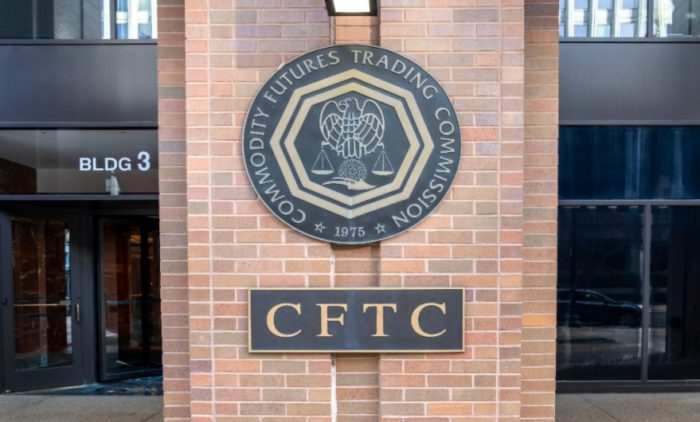The Commodity Futures Trading Commission has filed charges against two CFTC-registered commodity pool operators, Glen Point Capital Advisors LP and Glen Point Capital LLP, and their Co-Founder and Co-Chief Investment Officer, Neil Phillips. The US markets regulator charges them with engaging in a manipulative scheme to illegally trigger payouts on two large binary option contracts. Additionally, the defendants have been charged with failing to supervise the trading activities of their officers, employees, and agents.
Glen Point Capital Advisors LP and Glen Point Capital LLP were holding significant amount of binary option contracts tied to the U.S. dollar (USD) to South African rand (ZAR) exchange rate. The contracts would pay out predetermined amounts totaling $30 million to two commodity pools, if the USD/ZAR exchange rate fell below certain levels before the contract expiry.
CFTC’s complaint alleges during a period of low market liquidity in late December 2017, Phillips manipulated the USD/ZAR exchange rate on two occasions by driving it down to levels that would trigger payouts on the option contracts.
According to the official announcement Phillips orchestrated trading of massive amounts of the USD/ZAR currency pair in the forex spot market. He even indicated his intent on to manipulate the market by sharing with a salesperson at the bank his objective to trade through the rate of 12.50 rand per dollar, barrier level that would trigger one of the option contracts. Moreover, Phillips repeatedly asked the salesperson how much volume was left to sell to reach the market level he wanted.
The CFTC is seeking civil monetary penalties, disgorgement of any ill-gotten gains, trading bans, and a permanent injunction against further violations.
Acting Director of Enforcement Gretchen Lowe, said:
Manipulative and deceptive conduct undertaken in connection with swaps harms market integrity and market participants, and we will take action to hold those who commit this type of misconduct accountable.
